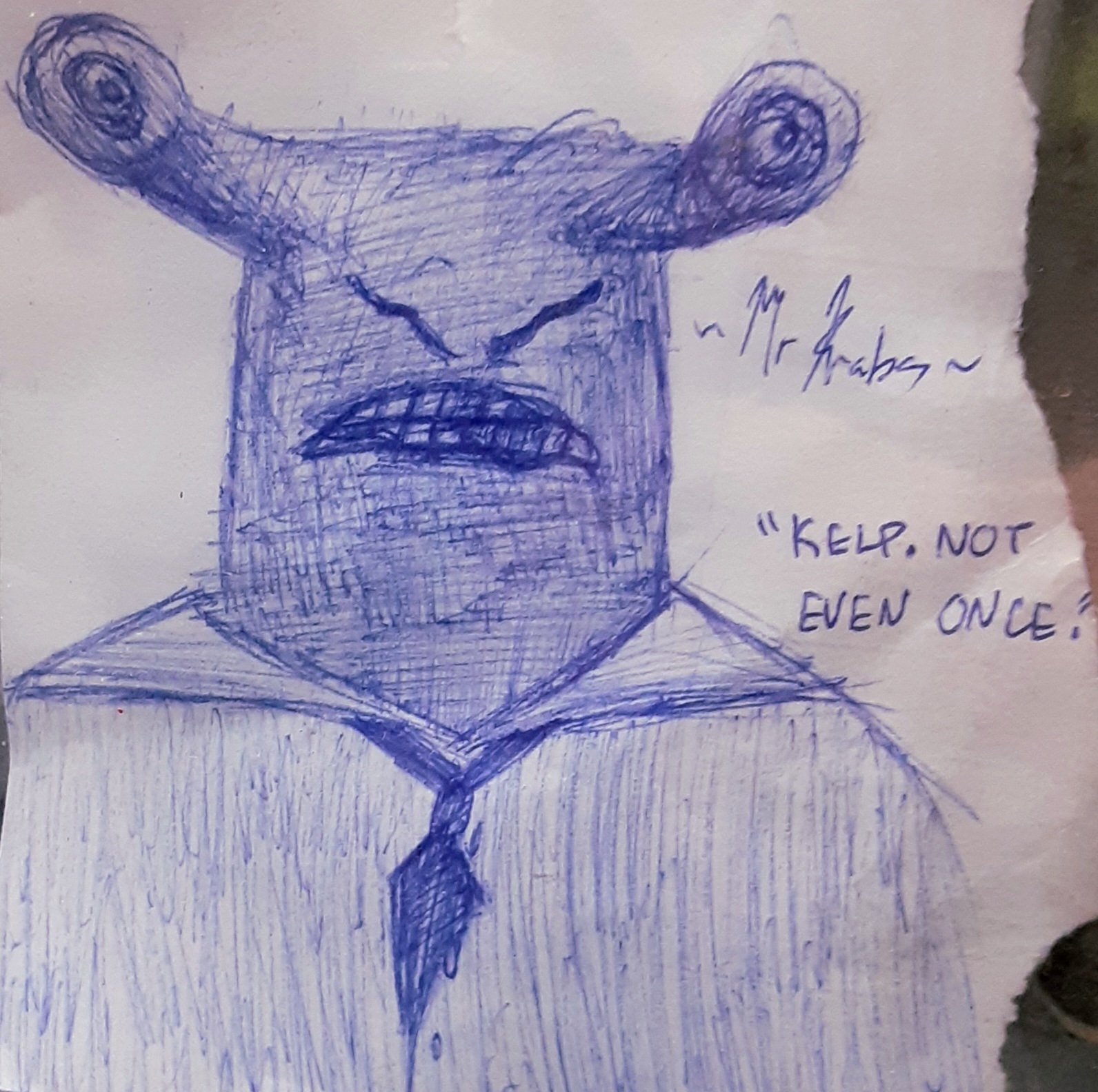- cross-posted to:
- [email protected]
- cross-posted to:
- [email protected]
The EPA had strong limits on its use until the Trump administration reversed them; now the agency wants to ban it
The Biden administration is proposing a ban on TCE, a highly toxic chemical commonly used in stain removers, adhesives and degreasers, and which had been found to be contaminating drinking water on a wide scale across the US.
Why aren’t we by default removing everything from water that isn’t water or a short list of approved minerals?
Because the pollutors responsible for those chemicals have purchased the “conservative protection plan”. They pay conservatives to allow them to continue to pollute. Part of that protection plan is classifying their deadly pollutants as “safe for consumption” to limit civil liabilities.
In short, conservatives did this.
In this country, apparently anything that’s not explicitly illegal or banned is fair game.
A policy that I believe is formally known as The Air Bud Doctrine
In this country, apparently anything that’s not explicitly illegal or banned is fair game.
Correct and this is how it should be. We also need to react more quickly to things that should be banned.
The problem is reactive rather than proactive law.
Fir real. Drinking water white list. Food white list. We are advanced enough as a society that we can handle that. If we wanted to.
Its probably crazy expensive to do that. Also, my guess is the processes of removing anything not H2O and minerals would also remove the minerals. So you’d have to do full distillation removing everything, then source and add in minerals after the distillation. The energy needed would be immense.
It’s probably crazy expensive to do that.
And?
What would you do with the fish?
Assuming you’re serious; It would be nearly financially impossible to do this just from the sheer amount of water we’re talking about. Have you seen how big the lakes are in person? I’ve only been on lake Huron, but you can get to a point where the horizon is just water. These lakes can also have deadly storms, since they are massive bodies of water. You would need the find a power source that would have to nearly be infinite. You would need a cooling system that suits it. You would need a LOT of maintenance. You’d spend a lot on materials, too. That’s all assuming that it would even work. That money would have to come from somewhere, and it would probably be one of if not the most expensive machines to exist. The scale of the filter would have to be miniscule to catch those chemicals.
We just don’t have the capacity for that yet. We would have to split things on such a small scale that it wouldn’t be a reasonable solution. It would be as difficult as trying to find a grain of sugar in a pound of sand.
We would have done this if we were at that point, at least somewhere. Who wouldn’t want credit for solving the world’s water problems? A filter of that size would make sea water drinkable. It would have to be on a molecular scale.
And?
And if you’re not happy with a $2000+ housing expense, I doubt you will pay for a $1000+ water bill.
How about the polluters pay for it instead through the massive profits they’ve managed over years of ignoring the potential issues … the same as how big oil should pay to clean up its own dormant wells, pipelines and infrastructure.
How about the polluters pay for it
Okay, lets play that out. Which specific company is the pollution in your glass of water from? Can you prove it? Does that company still exist?
If you have all of those things, then you could bring a civil suit and make them pay for it.
Gov’ts would have all the paperwork needed to go after the companies … if they really wanted to that is.
Not everything is solved with regressive taxation policy (eg taxing water use). A small wealth tax and the USA could solve a lot of problems
PFAS is seriously polluting the great lakes, too. There are recommended limits for how many fish you can safely consume in a year or month.
EPA to push ban of toxic chemical ‘CHEMICAL_NAME’ found in US drinking water
Can I get paid to write headlines now?
You just lost them 385 clicks so no I don’t think you’re going to
What’s the argument against banning a scientifically proven low-dose carcinogen from drinking water? How much could it possibly add to the impossibly cheap price of drinking water?
It’s not that they want to ban it from drinking water, they want to ban it COMPLETELY.
The article is about “TCE, or trichloroethylene, is a volatile organic compound that humans are frequently exposed to in a variety of settings, though those who use products with the chemical in an occupational setting are most at risk. It’s also commonly used in carpet cleaning treatments, hoof polishes, brake cleaners, pepper spray and lubricants.” SYAC
hoof polishes
“Democrats are coming for your shiny hoofs!”
I’m more concerned about PFOS in my water at the moment. Been thinking I should get a filter because of it. I wish they would also ban PFOS.
Every time that’s come up industry screams about the cost of finding a replacement … like it’s somehow impossible.
In the mean time…











